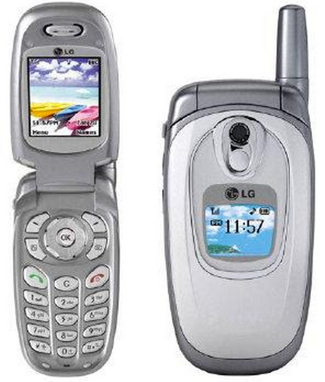Businesses: Don't overlook basic flip phones


The smartphone is everywhere, and getting more powerful and larger. They are little computers in the pocket, if they can even fit in them. On the surface it seems that powerful smartphones are good tools for all workers, but perhaps they are too much for some businesses.
Watch those doing manual work in the field, eg delivery personnel, and you’ll see that many of them carry basic flip phones. You probably remember those phones from the past. They are little handsets that flip open and just do phone calls and text messaging.
See also: Smartphones in the street: Use ear buds for business calls | Why I work in coffee shops | 5 tips for getting the most out of working at home | Coffee shop work etiquette | The folly of public meetings
The phones are inexpensive compared to big smartphones, and they are practically indestructible. They usually have good hardware that makes for good quality phone calls. They don’t do data, so they don’t require a data plan. They have long battery life.
These simple phones are good and economical for some companies, even for white collar workers. There are no concerns about platform nor operating system. They require virtually no corporate support. Just hand them out and forget about them.
Workers may not like pulling out the lowly flip phone to make a call, but the enterprise should be about function over form.
As obsessed as the corporate world is with smartphones, some businesses shouldn’t overlook the basic flip phone. Workers whose duties revolve around phone calls and text messages don’t need a smartphone if you look at it honestly. The little flip phone might be sufficient for those employees, and simplify the support effort substantially.
Tech Pro Research
This is especially true for companies that have deployed mobile gadgets in addition to phones. This applies especially to tablets. Tablet functions greatly overlap those of a smartphone. Tablets require a lot of support and provisioning by the enterprise to make sure everything is working as it should be. Simplifying the support effort for phones eliminates duplication of effort by the staff.
Workers may not like pulling out the lowly flip phone to make a call, but the enterprise should be about function over form. There may not be a need to pay for functionality that is not needed. The cost of deployment, provisioning, and support is as low for the flip phone as possible.
Employees can use other assigned devices to do the things they would otherwise do on that expensive smartphone. The phone could be what it was not that long ago, a tool for calling and texting.
Security issues largely go away with flip phones. When they get lost or stolen, there is no race to lock down sensitive corporate data as there is none on the phone. Just kill the line and get a new phone to replace it.
The advantages to the enterprise can be substantial: low cost, easy to support, no data plans, and no distractions to workers. That last advantage might turn out to be the biggest for some companies.